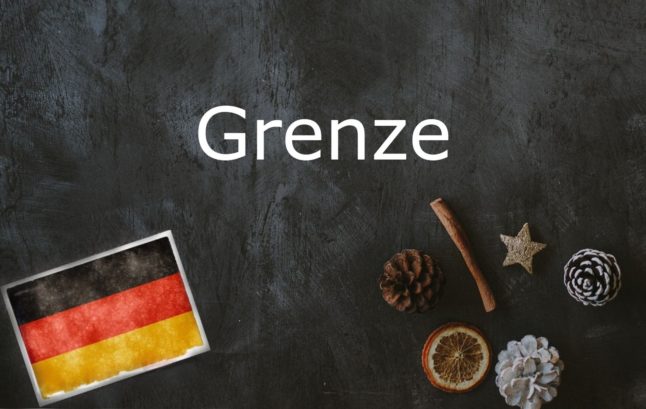Gemütlichkeit has been named “the most beautiful German word” of 2019, according to a vote of 850 German learners from 46 countries in the magazine “Deutsch Perfekt”.
The term roughly translates to comfort, but also coins a unique feeling which also encompasses warmth and coziness.
READ ALSO: The one German word English speakers need this winter
In second place came Schmetterling (Butterfly) and coming in third was Eichhörnchen (squirrel), despite it being notoriously difficult for English native speakers to pronounce.
The magazine received several submissions, including words created by readers themselves such as Pünktlichkeitszwanghaftigkeit (obsessiveness about punctuality) Strandkorburlaubsstimmungszeit (roughly translated to ‘beach basket holiday mood’).
Readers also sent in submissions for classic compound words such as Handschuh (glove, or literally ‘hand shoe’) and Nacktschnecke (slug, or literally ‘naked snail’).
READ ALSO: Are these the 10 most German words you can find?
“What stood out was that that many learners were fascinated by the ability of the German language to assemble words into new words,” said the magazine's editor-in-chief Jörg Walser.
The top 25 suggested words included several other uniquely German terms, such as verschlimmbessern, or making something worse by trying to make it better.
“This word shows perfectly how the German language works,” wrote a reader from Italy. “It describes what happens – and it is funny!”
READ ALSO: 12 German words you won’t find in English
Another top contender was Feierabend, or the time after work in Germany, when employees truly clock out and enjoy their free time.
“This word only marks the end of the working day, but which other term brings with it such a positive reaction?,” wrote one reader from Costa Rica. “Everybody celebrates in their own way.”
READ ALSO: Why every country should get on board with the German Feierabend
Some readers wrote in about their favorite words, with one of the top contenders being the untranslatable word doch.
As a Mexican reader wrote to the magazine, the word can be used in a variety of contexts. It can serve as an adverb (“Er ist nett, aber doch laut“ or “He is nice but indeed loud”) or as a conjunction (“Er wollte schlafen gehen, doch dazu kam es nicht” or “He wanted to go to sleep but it just didn’t happen”).
Perhaps most commonly it’s used as a modal particle (“Mach doch eine Pause!” – “You really should take a break!”)
READ ALSO: Das ist ja mal wichtig: The complete guide to German modal particles
Tell us: what do you find to be the most beautiful German word, and why?
This article was updated on Monday, October 7th.



 Please whitelist us to continue reading.
Please whitelist us to continue reading.
Member comments